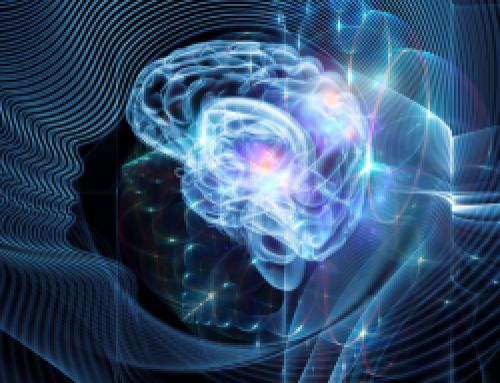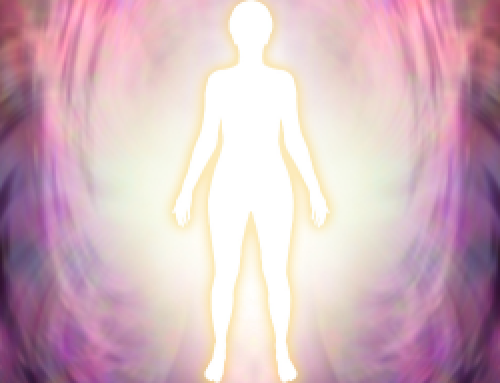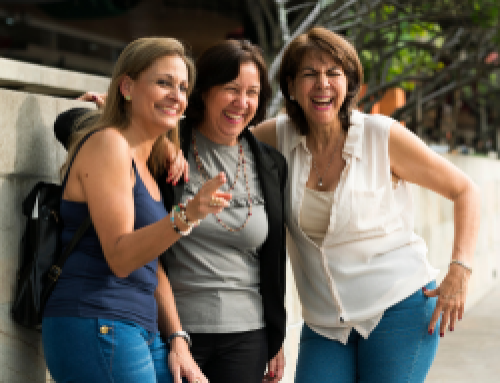 Bringing Light to Darkness
Bringing Light to Darkness
It is interesting that in November we have both Diwali and Advent. Diwali is a Hindu “festival of lights” when we reflect on light dispelling the darkness of our ignorance. During the Christian festival of Advent we light candles that represent hope, faith, joy and peace in the lead up to Christmas, which celebrates the birth of the Christ, who is often referred to as “The Light of the World”.
2020 has been a year of darkness for many. So how can the messages of these two festivals help us right now?
In the yogic tradition we would always work on ourselves’ first. The light that dispels the darkness is your inner light. Like the Christian story that talks about hiding your light under a bush, yoga teaches us that we must strip away everything that is not truly “I AM” to uncover our divine selves.
I would also argue that to find true hope, joy and peace we must look inwards, because anything outside of ourselves is ephemeral and transient. And increasingly experts in psychology are realising this too – books like “The Happiness Trap” demonstrate how looking outside of yourself for fulfilment doesn’t ultimately work.
In Ayurveda and yoga they advocate controlling the mind and being conscious with your breathing, your body and your actions. The great sage Patanjali set out the scientific steps to self realisation which are:
- Yamas – social ethics to help guide you – kindness, truthfulness, non-stealing, moderation and generosity
- Niyamas – personal practices – purity, contentment, self discipline, self study and surrender (to the divine)
- Asana – postures to help keep the body healthy and flexible for sitting meditation
- Pranayama – controlling the breath to improve health, help calm the mind and body
- Prathyahara – withdrawal of the senses – directing focus within
- Dharana – intense focus or single pointed concentration (trains mind)
- Dyana – meditation
- Samadhi – the state of oneness.
This methodology is not about judgment, it is about coming closer to TRUTH of BEING, while letting go/getting rid of everything that gets in the way of it or hides it.
In the Mindfulness community there is a trend towards the Acceptance and Commitment Therapy (ACT) model, which was developed by Dr Russ Harris (author of “The Happiness Trap”) based on his own experiences with managing anxiety, and then his clinical research on it.
The principles are:
- Cognitive defusion – realise that thoughts, images, memories, etc are not “real” but symbols that we ascribe meaning to.
- Expansion and acceptance – instead of suppressing, fighting against or avoiding thoughts and emotions we just allow space to sit with them. Once again, judgement is not helpful here!
- Contact and connection with the present moment – instead of dwelling on the past or worrying about the future be fully in the moment using all your senses.
- The Observing Self – learn to seperate the self from the thoughts and feelings you experience and realise that the Being transcends them.
- Values clarification – this is about asking ourselves what sort of person you want to be, what you value and what brings us joy.
- Committed action – focus on taking effective action that help implement the values from the previous step.
These are not the only methodologies for working from the inside out, but they are two that I have been studying and playing with this year. During this time of metaphorical darkness I have certainly found that when I focused on what I can control, ie myself (my thoughts, my emotions, etc), I have found greater peace and joy and hope – more light-ness.
So I wish everyone a reflective Diwali and Advent – may your light shine brightly!
Karen Howard is a Holistic Counsellor, Coach, an energetic bodyworker and yoga teacher in training. She can be contacted via email alwaysshinebrightly@gmail.com






Leave A Comment